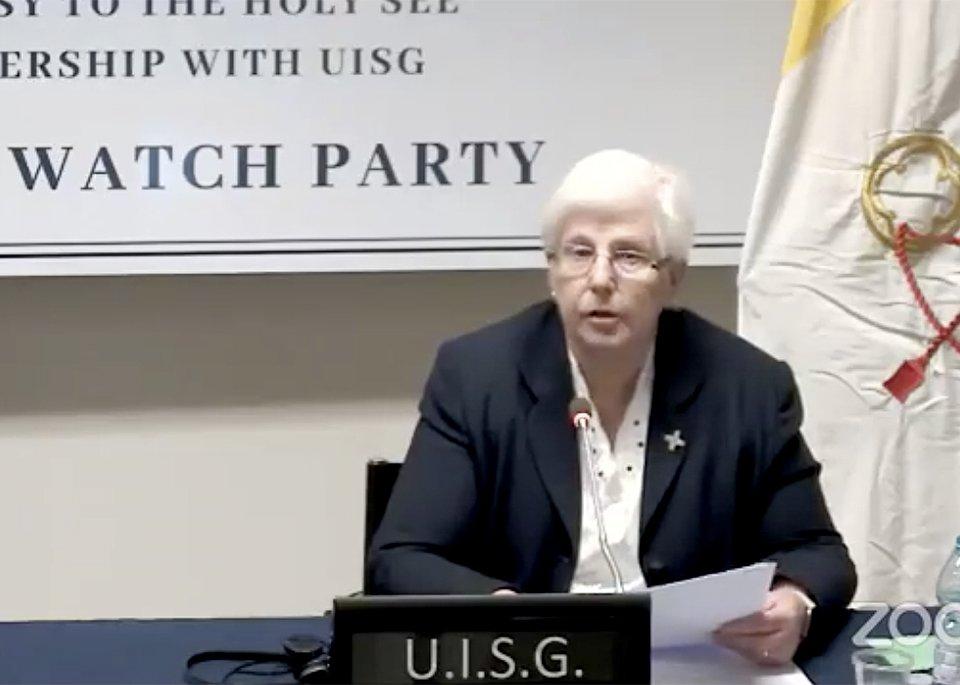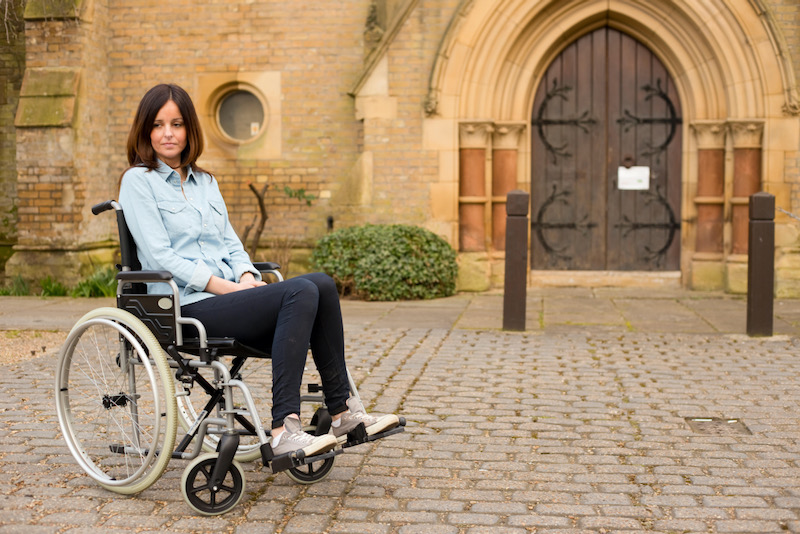The Church has failed disabled people by excluding them from all parts of work of the Church from the hierarchy to parish life and mission, a professor of religion has warned.
Professor Francis Davis told a Zoom conference on Catholic Social Teaching organised by St Mary’s University, Twickenham, that the Church always assumed that it treated people with disabilities better than the secular world. But in reality its track record was poor. “Fifteen per cent of the world’s population lives with a disability,” he said. “That’s a huge and growing part of the community that is not served by the Church which instead sees them as impaired and views them as objects.”
Davis, Professor of Religion, Communities and Public Policy and the Edward Cadbury Centre’s Director of Policy, at the University of Birmingham pointed out that the Church continues to see disabled people as different. He cited the lack of people with any disability in senior roles, with no archbishop with a visible disability in an episcopal denomination in English-speaking countries.
Until 1983 disability was a bar to ordination while under the current code of Catholic canon law, the local ordinary could make a disability a bar to seminary training or the celebration of Mass. Meanwhile disabilities were seen as problems: Davis pointed out that 72 of 100 dioceses he had researched provide pilgrimages offering cures.
In Britain, less than half of disabled adults are in employment, said Davis and the situation was getting worse with the pay gap between the able-bodied and the disabled widening. The pandemic had also disproportionately affected those with disabilities, who were twice as likely to die of Covid 19 as the able-bodied.
However, there was some encouragement in Pope Francis’ recent encyclical, Fratelli Tutti, he said, which refers to how society does not find a place for disabled people, making fraternity just a vague ideal, and how they are seen as not useful. “Our concern should be not only to care for them but to ensure their active participation in the civil and ecclesial community,” said Davis.



 Loading ...
Loading ...